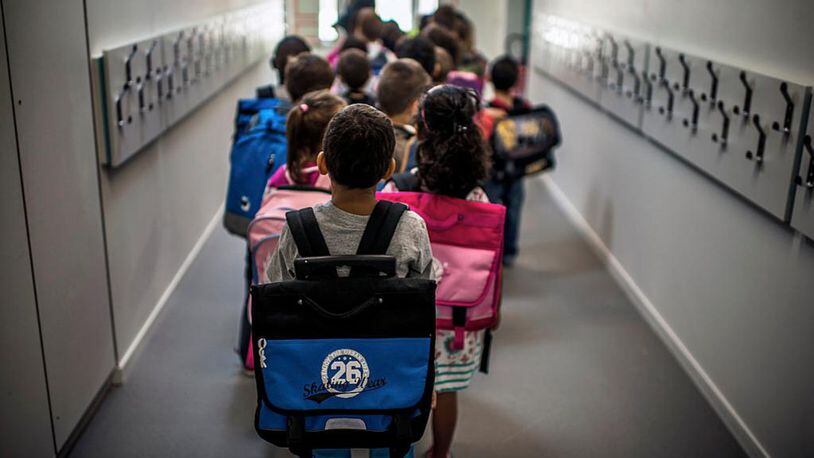Researchers from the Kennedy Krieger Institute recently conducted a study, published in the Journal of the International Neuropsychological Society, to determine if there is a link between brain development and ADHD among young kids.
To do so, they analyzed 90 preschoolers, aged 4 and 5, who had not taken any medication. About half of them had ADHD. By using high-resolution MRI scans and cognitive and behavioral measures, they closely examined their brains.
Kids with ADHD may have smaller brains, study says https://t.co/OseQE7yIES pic.twitter.com/Dp6SjoAFM4
— AJC (@ajc) March 27, 2018
After analyzing the results, they found that kids with ADHD had significantly reduced brain volume in multiple regions of the cerebral cortex, including the frontal, temporal and parietal lobes. Those areas are responsible for cognitive and behavioral control, which are typically lower for those with ADHD.
"These findings confirm what parents have known for a while -- even in very young children, ADHD is a real biological condition with pronounced physical and cognitive manifestations," lead author E. Mark Mahone said in a statement.
Some Smaller Than Normal Brain Areas Linked to ADHD https://t.co/GwSysqvvjr pic.twitter.com/K3AfIxUFnG
— PsychCentral (@PsychCentral) March 27, 2018
The scientists believe they can use their assessment to help identify children who are most at risk for developing ADHD. They also plan to use their evaluations to better understand how the disorder changes and develops over time and will follow the participants as they age.
"By understanding the brains of children who grow into the disorder as well as those who grow out of it," Mahone said, "we can begin to implement targeted, preventative interventions in young children with the goal of reducing adverse outcomes or even reversing the course of this condition."
About the Author
